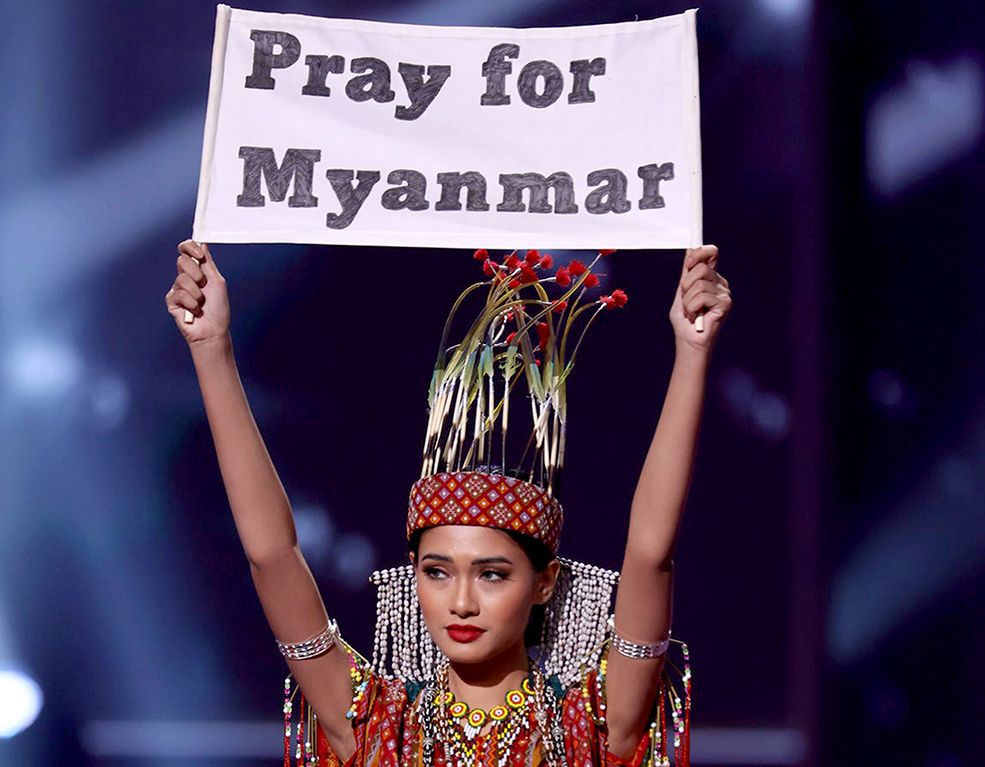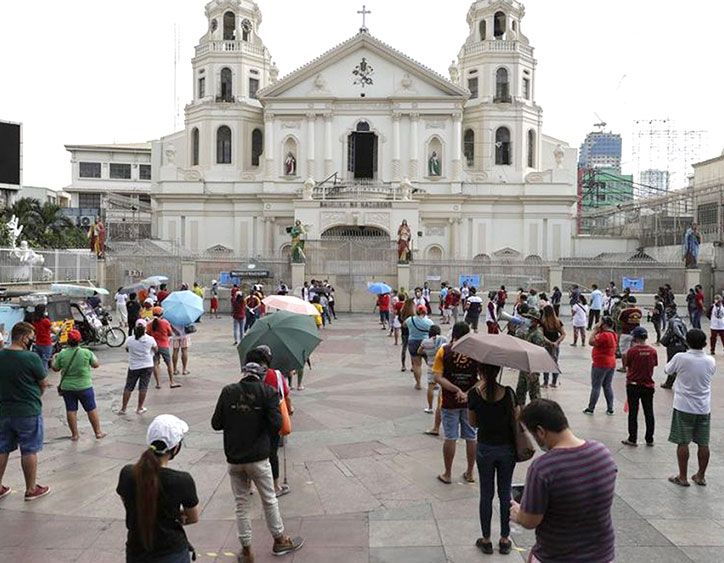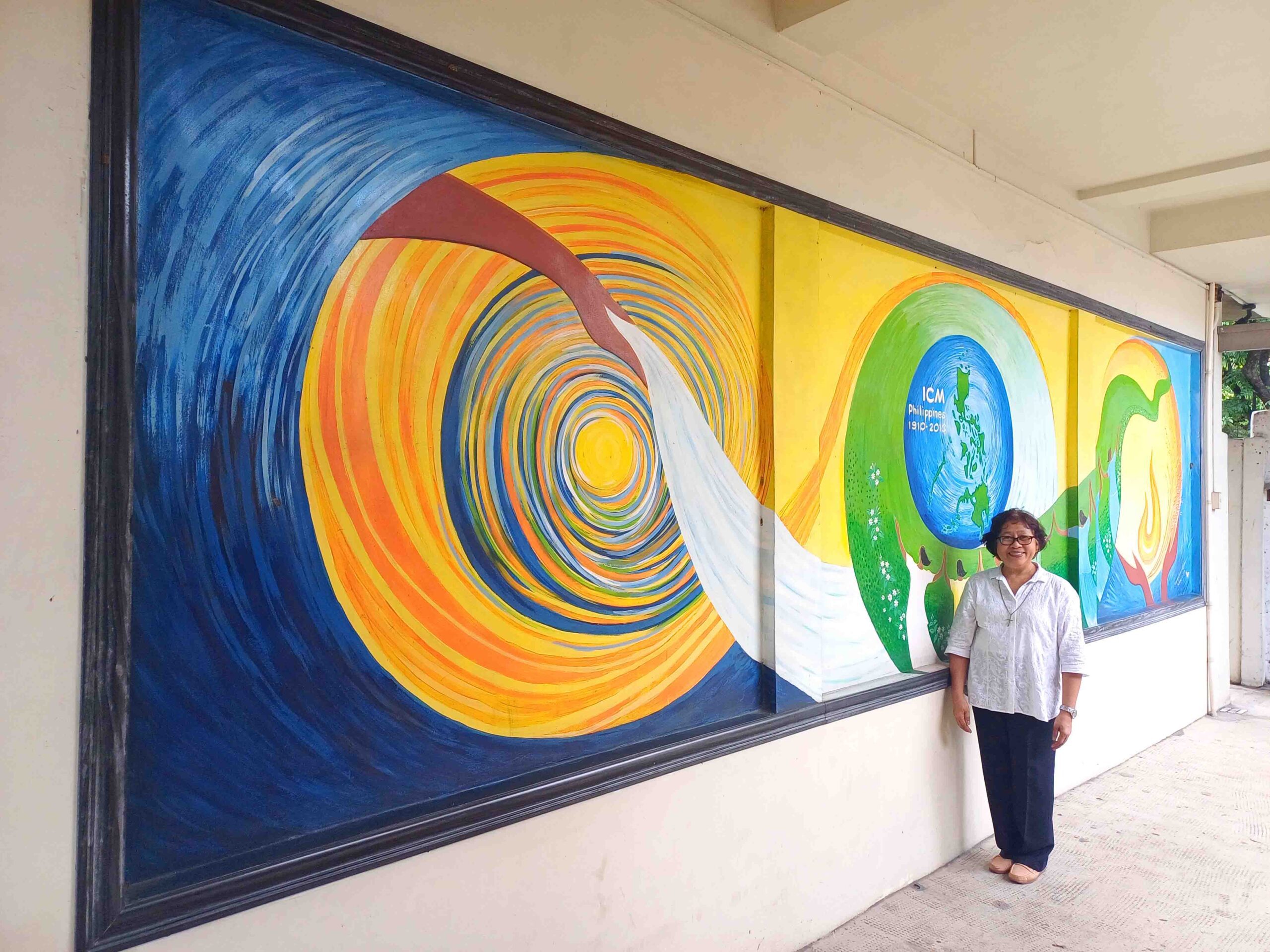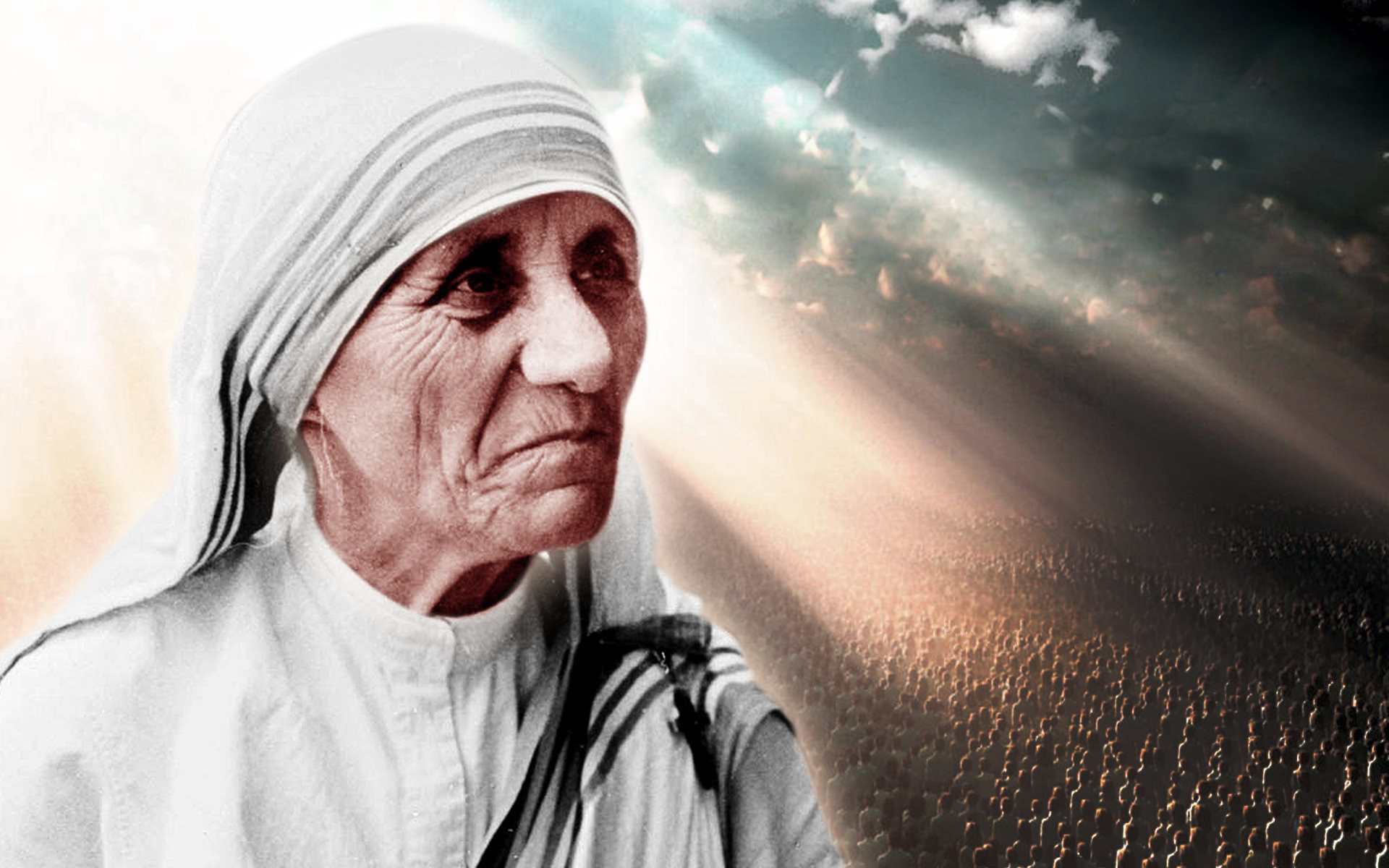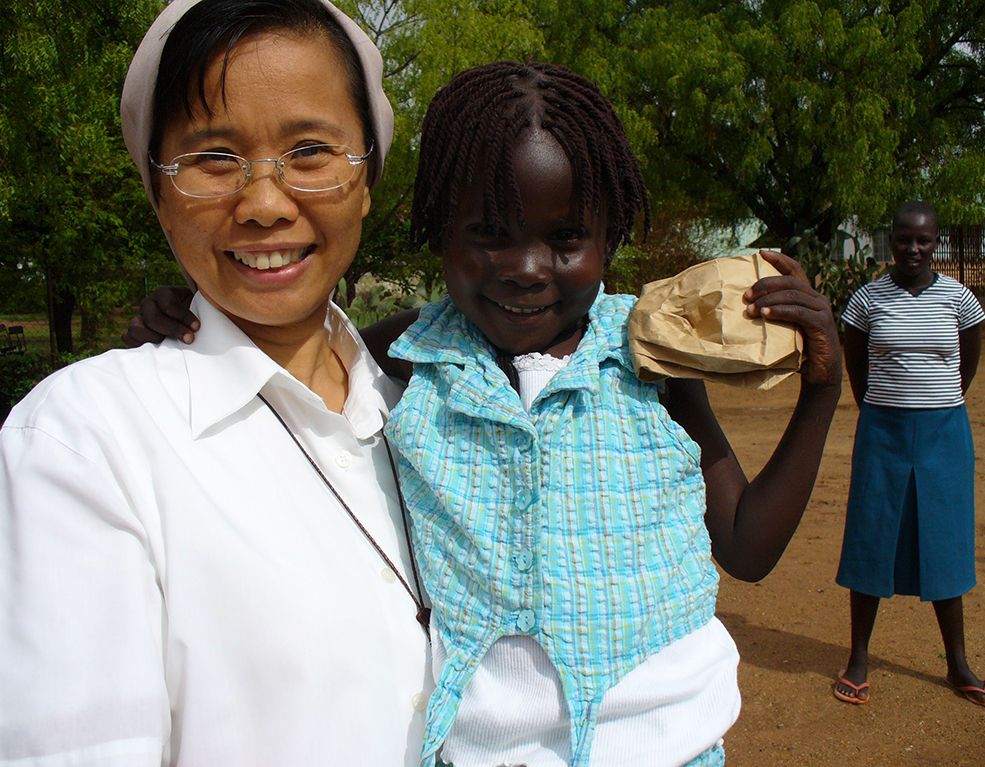When, in May 1996, the shocking news of the murder at Tibhirine, Algeria, of a community of seven Trappist monks hit the headlines, the subsequent publication of the moving ‘Testament’ of Christian de Chergé, the prior of that community, opened a window on the singular originality of this community’s involvement with its Muslim neighbors. The exact circumstances of their death – allegedly at the hands of Islamic extremists – are only gradually coming to light now as hitherto classified information is being opened to the public. It seems increasingly likely that the seven monks were killed, riddled with bullets, from the air in a helicopter assault on Islamic insurgents carried out by the Algerian army, and subsequently beheaded. A film exploring their life and tragic death is scheduled to be released later this year.
The creative approach to the Islamo-Christian dialogue of this small monastic community, lost in a sea of Islam, is proving a source of inspiration to many. Their witness is seen as a sign of the Spirit for the benefit of the universal Church at the beginning of the 21st century. It’s the innovative thinking and unique itinerary of Christian de Chergé which laid the foundation and provided the ongoing inspiration for this approach. Christian de Chergé saw the monastery’s basic calling in Algeria’s overwhelmingly Muslim environment to be ‘a praying community among a praying people’ (“priants parmi d’autres priants”).
The place of Islam in the totality of God’s mysterious plan of salvation was the single most important question defining his life as a contemplative monk in the ‘land of Islam.’ In his “Testament,” he writes movingly: “My death, obviously, will appear to confirm those who hastily judged me naive or idealistic: ‘Let him tell us now what he thinks of it!’ But these must know that my searing curiosity will then be set free. This is what I shall be able to do, if God wills: Immerse my gaze in that of the Father, to contemplate with Him His children of Islam as He sees them, all shining with the glory of Christ, fruit of His Passion, filled with the Gift of the Spirit whose secret joy will always be to establish communion and to refashion the likeness, playing with the differences.”
A Muslim’s Gift
The astonishing fact is that Christian de Chergé received his vocation to become a monk in Algeria from a Muslim! It all began around 1960 when, a seminarian at the time, he served six months in Algeria as an administrative officer of the French army. The country was deeply embroiled in a bruising struggle to free itself from French colonial rule. A chance encounter with Mohammed, a simple and devout Muslim and father of six children, blossomed into a profound friendship. The young seminarian allowed himself to be transformed by the frequent exchanges with his Muslim counterpart. “Our dialogue arose from a peaceable and trusting friendship which had God as its ultimate horizon. He knew I was a seminarian, and I saw him practice prayer and fasting with joyful abandon.” Then, at the occasion of an armed clash with insurgents, Mohammed intervened to protect his friend citing his attachment to Algeria and his warm sympathy towards Muslims. Christian escaped unharmed, but the next morning Mohammed’s dead body was found on the edge of a well. He had been assassinated. Christian was devastated by the cruel murder of his friend. It changed his life and his vocation. From this moment on, he knew that his call was to live in Algeria: “The country where I received the token of the greatest love.” The encounter with Mohammed and his ultimate self-gift became the founding experience of his vocation. The encounter and dialogue with Islam would become an integral part of his monastic calling.
And it did not stop there. In his own thinking, this foundational experience took on distinctly eucharistic dimensions. Mohammed had given up his life like Jesus did. Christian now owed his life to the eucharistic self-gift of his friend. He had received his life back from him. And so he could, if he so choose, now give up his own life in return. As he put it in his last homily on Holy Thursday 1995: “He loved me to the end, the end of himself, the end of me.” Was he speaking of Jesus or of Mohammed, or both?
Communion Of Prayer
His was to be an interreligious monastic calling, his focus prayer amidst and with other believers, i.e. Muslims. The confirmation of this latter focal point came one night after evening prayer before he made his final vows. A Muslim guest at the monastery creeps up behind him. “Allah Akbar!”…”Pray for me,” he asks Christian. They end up praying together, with another confrère. They pray the Muslim ‘Fatiha’, then the Magnificat, which he repeats after them, and the Our Father, which he knows. Praise. For three hours. Each is overwhelmed by exuberant joy.
Sometime later, at his solemn profession, Christian will state: “This event has given concrete shape to the immense hope of my calling and has made me live for the duration of three hours that which my faith knew was possible for all ages.” His call is to be a ‘pray-er’ amidst other ‘pray-ers.’ Prayer and contemplation in expectant communion are to take pride of place. Christian de Chergé not only believes wholeheartedly in this communion of prayer, but also looks forward in hope to a possible shared prayer between Jews, Christians and Muslims.
That hope will be partially fulfilled when, at the initiative of Claude Rault M. Afr, the present bishop of the Sahara, a prayer group called ‘Ribat-es-Salaam’ (‘The Bond of Peace’) is constituted at the monastery of ‘Our Lady of the Atlas’ at Tibhirine. At first, the group comprises only Christians who wish to deepen their spiritual life by integrating what they discover in their encounter with Islam. But, very soon, this group is joined by members of the mystical Sufi brotherhood called Alawiya. This is how the Muslim Sufis express their reasons for wishing to join: “We do not want to get involved in dogmatic discussions with you. In dogma and in theology, there are lots of man-made barriers. We feel a call towards unity. We wish to let God create something new among us. That can only happen in prayer. That is why we want to join you in prayer.”
An Existential Dialogue
The theological reflection is still at its stammering beginnings. It is important not to retreat behind rigid definitions but to make space for what the Spirit has to say to us today. The monastic community at Tibhirine lives this presence in its daily existence and activities: the existential dialogue of everyday living. The monks work the fields together with their neighbors from the surrounding area, Brother Luc runs a dispensary, and the doors of the monastery are always open to whoever cares to knock. The monastery is host to numerous encounters and get-togethers. This interreligious dialogue of everyday living neither favors nor excludes any particular human dimension, be they basic human concerns, intellectual reflection, or spiritual aspirations. Its basic ingredient is a lively interest in the other, and a profound respect for their faith. “The faith of the other is a gift of God, even if I don’t really understand that gift and if it remains a mystery to me. This gift given to the other is also in a certain way a gift given to me” (Christian de Chergé).
In his reflections on the place of Islam in the plan of salvation and the way forward in interreligious dialogue, Christian de Chergé remains true to his monastic calling. Prayer, contemplation, and mysticism are firmly placed at the centre. “All of us, both Muslims and Christians, we feel called to the adoration of the One and Only, and to all inclusive sharing.” His is not a systematic theological reflection on non-Christian religions, although he is fully au fait with contemporary theological research in this field. His understanding of the theology of religions does not tell him a priori what is the place of Islam in the plan of God. He does not know and accepts that he does not know. He accepts to follow the path of encounter and dialogue with the others. A spirituality of Encounter and Visitation.
Encounter And Visitation
Christian de Chergé exhibits an exceptional ability to use evocative images. Two such images, in particular, are a source of frequent inspiration to him. He returns to them time and again in his homilies and reflections: Dialogue as a Mystical Ladder and the Visitation. He borrows the image of the mystical ladder from a rich monastic tradition emanating from John Climacus. But he applies this figure to interreligious dialogue thus showing how much this form of dialogue is for him a privileged path for present day mysticism. The two vertical poles of the ladder represent the two religious traditions, Christianity and Islam, ‘our respective faiths,’ as at times he calls them. The space between the two poles from the bottom to the top represents the spiritual world, an intermediary space between heaven and earth, between the mystery of God and human reality. These two worlds are not in opposition but tend to come together in a new humanity.
The ladder stands vertical. It is firmly planted in ‘the soil’ and the steps between the two poles unite the two faiths. These steps which originate from both the Christian and Muslim faiths are astonishingly numerous: “The gift of self to the Absolute, regular prayer, fasting, sharing, almsgiving, conversion of the heart, the constant remembrance of the Presence, confidence in Providence, hospitality without restrictions, the call to spiritual combat, and to pilgrimage, which is also interior.”
Strikingly, this enumeration does not speak of shared tenets of doctrine but takes as its point of reference religious practice. These common practices help each partner to progress. The metaphor illustrates how each of the two partners needs the faith of the other. Each step links the two poles. Dialogue is a mystical ladder. It is the means by which both partners, Christian and Muslim, advance towards the communion of saints, and participate in the Paschal Mystery or the Hegira.
The New Testament story of the Visitation is another source of inexhaustible inspiration and a parable of interreligious encounter to Christian de Chergé: Mary who goes to visit her cousin Elizabeth. In her body she carries a living secret, the Good News alive in her. It is her secret and it is God’s secret. Elizabeth also carries a child in her womb. The two expectant mothers meet. What links her child and the one Elizabeth carries is not immediately clear to Mary. She simply knows there is a link, because that is the sign she has been given by the angel. He explains: “We know that those whom we meet are in some way like Elizabeth, they carry a message which comes from God. And what our Church does not tell is the link between the Good News we carry and the message which is alive in the other. My Church does not tell me what is the link between Christ and Islam. I go to meet Muslims without knowing what this link is.”
So what is our mission? What is our witness? Mary does not invite Elizabeth to believe! Rather, when Mary arrives, it is Elizabeth who speaks first. Or, to be precise, she speaks after hearing Mary’s greeting: “As salaam alek” – peace be with you. This simple salutation stirs something in her, or rather someone, “the infant in my womb leaped for joy.” The infant in Mary’s womb will probably have stirred first. What the one carries has come to meet what the other bears. The two unborn infants have come to meet. Isn’t that what often happens in authentic human relations where each person can say what lives in them? The word of the other is echoed in one’s own life. And Elizabeth frees the Magnificat (the Virgin’s hymn in praise of God) in Mary. All is grace and praise in this Visitation, in the mystery of encounter, of every real encounter. This is the heart of the apostolic life.
Theology Of Hope
“Too often, the mission of the Church resembles the law of supply and demand. The Good News is treated as something we possess and want to give to others. In connivance with the prevalent spirit of our age, we devise marketing strategies. But mission is the life of the Trinity to which we are associated by grace. Mission is a mystery of encounter. It arises, not from a surplus in me which I have to communicate to the other, but from my need of the other, without whose encounter I will not be able to liberate my Magnificat. Without the encounter with Islam, the Church will not be able to sing her Magnificat freely and fully. Without the Visitation of other religions, the Church cannot celebrate the Eucharist fully ‘for you and for the many,’” as Christian Salenson writes in a recent tribute to the ‘theology of hope’ developed by Christian de Chergé.
The prayerful reflections of the Prior of Tibhirine are challenging and audacious. Christian de Chergé belongs among the distinguished company of contemplative searchers in the field of interreligious dialogue such as Thomas Merton, Bede Griffiths and Henri le Saux. In addition, the spirituality of another pioneer of Christian presence among Muslims, Charles de Foucauld, the so-called “the hidden life of Nazareth,” also had a profound influence on him.
In May 1996, this prophetic contemplative voice was silenced. But the spirit of Tibhirine lives on. A tiny community of Trappist monks, founded in the year 2000 at Midelt in Morocco by two monks of ‘Our Lady of the Atlas’ who were absent at the time of the killing, continues the contemplative witness of encounter and visitation. As in Tibhirine, they are a ‘praying community among a praying people.’




